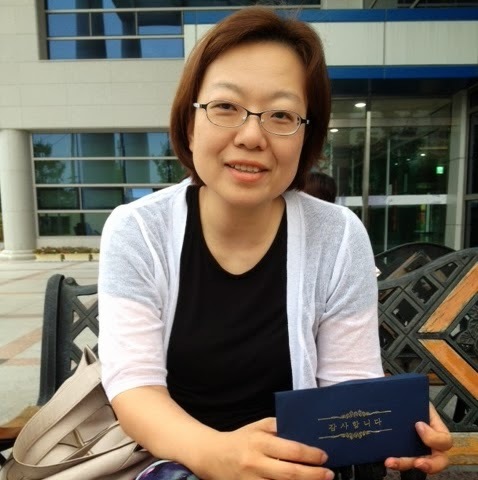A huge debate was ignited by Bok Geo-il’s proposal to make English an official language in 1998. His proposal to replace Korean with English as an official language was destined to be heavily attacked, especially by the opponents who argued that it would threaten national identity.
In addition, another main criticism against the idea is that not everyone should be spending time and energy learning English if their jobs do not require it, since Korea is a monolingual society.
It is doubtful whether the thinking behind “English as an official language” was well understood by many people at that time. Of course, nobody wants to speak only English and discard her or his mother tongue, and it would be impossible to have everyone do so.
I would like to propose the implementation of two official languages, each used for different purposes, instead of having an official language along the lines of “forced monolingualism.”
The reality in the field sometimes differs from what people may vaguely imagine. I have observed what is happening in Ulsan National Institute of Science and Technology, or UNIST, both as a scholar whose research interest is the use of English and as an educator who teaches social science in English at a university that has adopted English as an official language.
UNIST has gone through many stages of English officialization since it was founded five years ago. At UNIST, lectures are given 100 percent in English, and formal documents and announcements are delivered in English so that international members can receive the important information.
Outside of the lecture hall, the degree of English usage varies, and speaking Korean is not necessarily prohibited. The purpose of UNIST’s language policy is not to impose one language or another, but to use English as a lecture language and as a lingua franca to communicate with international members.
Those who support the use of English as an official language tend to think of Singapore or Hong Kong as a model, but what they tend to forget is that both countries are multilingual societies.
In some European universities English is used as a lecture language, and they do not consider English a threat to their national identity because they utilize English simply as an academic lingua franca to communicate with international members, just as UNIST does.
Therefore, if we are adopting English as an official language, we need to learn from those countries where multilingualism is the norm and having an official language is not seen as a threat to their national or ethnic identity.
In times of globalization and increased opportunities for intercultural communication, many individuals are coming into contact with members of other cultures, especially in academic institutions. College students take classes taught by international faculty members, study alongside international students, attend international conferences, and present and publish in international journals.
I am not saying that adopting English as an official language is the only road to success for an academic institution, but I am simply drawing attention to the reality. In Korea, English is no longer simply a foreign language encountered in textbooks. We need to admit the fact that English is already part of everyday life in Korea, with some variations in competence and needs.
In addition, we should not forget why we are trying to make English an official language ― to communicate widely. We need to learn from other countries where multilingualism is accepted as a reality in order to participate in a truly globalized world.
 |
Choi Jin-sook |
By Choi Jin-sook
Choi Jin-sook is an assistant professor in the division of general studies at Ulsan National Institute of Science and Technology in Ulsan. ―Ed.








